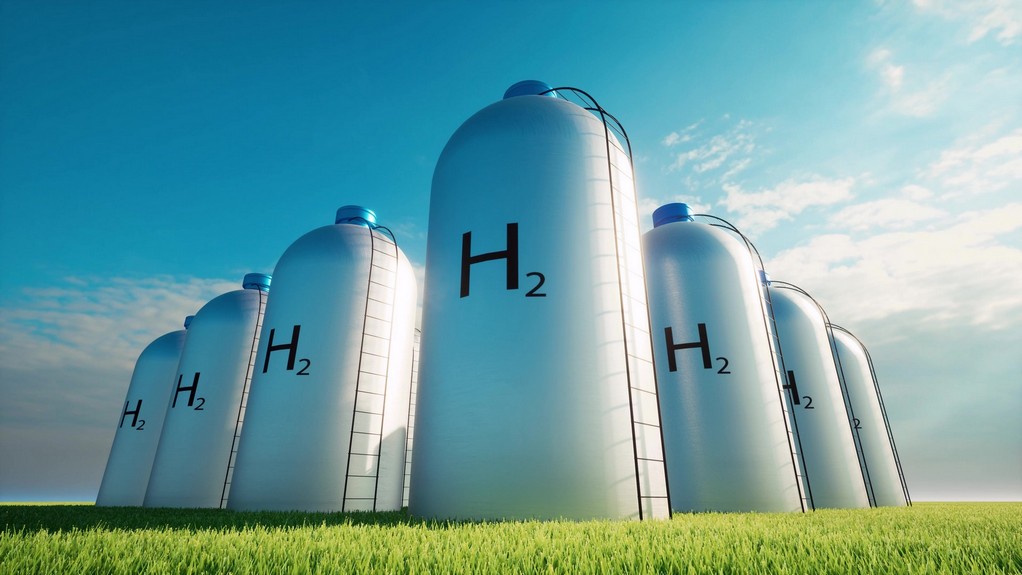As many as 680 large-scale hydrogen project proposals have been proposed globally, with an estimated $240 billion in direct investment through 2030. However, only about 10% of those projects, or $22 billion, have reached a final investment decision.
According to Daria Nochevnik, director for policy and partnerships with Hydrogen Council, a global, CEO-led hydrogen initiative, this hesitation is partially due to an unclear perception of hydrogen’s demand potential as well as its impact on carbon reduction. In order for industry leaders to most efficiently maximize this opportunity, Nochevnik said it is crucial to synchronize coordination between governments and industry, particularly as it pertains to regulatory issues.
With their eyes on project expansion and infrastructure, experts anticipate the development of hydrogen as a viable fuel source, which could be expanded into a $15 trillion global investment opportunity by 2050.
Outlining a set of focus areas where policy makers and legislators “can really make a difference,” Nochevnik said it is essential to prioritize the visibility of hydrogen demand.
The second element points to fast-tracking access to public funding for these crucial hydrogen projects, Nochevnik said.
Nochevnik emphasized that this level of transparency and standardization also enables global, cross-border trade in hydrogen derivatives.
Accordig to Nochevnik, a number of governments are currently designing their own teams for hydrogen derivatives. It is key to ensure that we pursue mutual recognition and allow these teams to talk to each other. That’s the only way to ensure transparency and trustworthiness, and to ensure we can actually create cross-border trade in hydrogen derivatives.
Tags: FID, Hydrogen, Hydrogen Council, Project



Recent Posts
Scandlines Nears Delivery of Zero Emissions Ferry Following Successful Sea Trials
India faces emission roadblocks with rising net-zero demands
Green Energy Resources invests in two electric Liebherr LHM 550
NYK Launches Continuous Use of Bio LNG Fuel on Car Carriers to Advance Decarbonization Goals
Yang Ming Expands Fleet with Methanol and LNG Dual-Fuel Vessels Under Fleet Optimization Plan
ClassNK Advocates Speed Gap Monitoring to Optimize Fuel Efficiency in Heavy Weather
Wärtsilä’s retrofit package for the Corsica Linea ferry Pascal Paoli has resulted in fuel savings of up to 22 percent Corsica Linea
COSCO Shipping Names Second Methanol Dual-Fuel Containership in Yangzhou